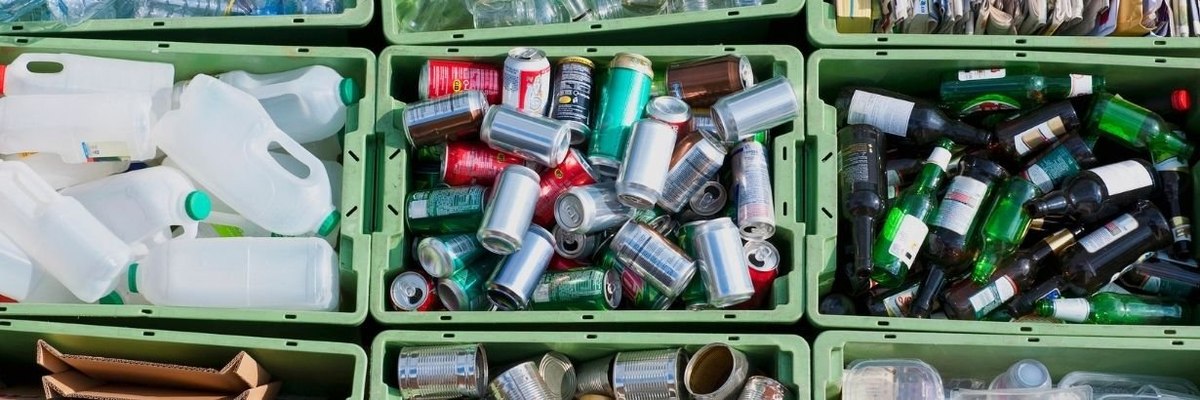
COP26: Do Britons believe companies want to help the environment?
The 2021 United Nations Climate Change Conference (COP26) is coming to Glasgow at the end of the month. Bringing together “nearly every country on earth”, the environmental impact of industry will likely be a key focus of the summit – and businesses are paying top dollar to access special areas of the conference, appear on panels, and generally burnish their eco-friendly credentials among the public and the powerful.
Where the public are concerned, it might be money well-spent. More than a third (36%) of Britons now consider themselves to be environmentalists, well over half (57%) say they don’t mind paying more for products and services that are good for the environment, and three in five (62%) say climate change is the biggest threat to human civilisation.
But is it a space for brands to become involved in? Well, when asked which issues that it is acceptable for brands to communicate about, the environment is comfortably ahead of any other concern. A third of the public (35%) think business should weigh in on ecological issues – with three in ten (30%) believing they should talk about animal rights and a quarter (27%) saying the same of human rights.
Taking a stand
So, comparatively speaking, Britons are more than twice as happy for brands to talk about the environment as they are about gender issues (15%) – and three times as likely to say brands should talk about the environment versus immigration, Brexit, or taxation (11%). If a brand has more ecologically-friendly products or services, then, for this group, it’s worth shouting about them.
But how they communicate about the environment is just as important as what they communicate and data from YouGov Direct shows that two-thirds of the public think that large companies aren’t being genuine when they say they want to help the environment.
Perhaps part of the problem here is that the public sometimes perceive a difference between what brands say and what they do. While four in five Britons (80%) think it’s important that brands show that they care about issues – and two-thirds think it’s important for brands to take a stand (67%) – nearly nine in ten (88%) say it’s important for brands to be consistent in what they say and what they do. Eco-friendly brand values are all well and good, but if a business isn’t living up to them, it can expect to pay a price in the way it’s perceived.
This data suggests that while there are commercial benefits for brands who are promoting environmental products and services, they can squander these opportunities if they are too muddled or mealy-mouthed in their messaging. What’s more, they can potentially encounter real danger if they do not practice what they preach. The public’s appetite to do good through their purchase decisions is not infinite, as shown by the fact that half of Britons say it simply “costs too much” to be green all the time (50%) – but the appetite is there. Ahead of COP26, brands that can confidently – and consistently - communicate about their desire to minimize their impact on the planet may benefit. Brands that cannot may find themselves shut out of both the conference and public esteem.